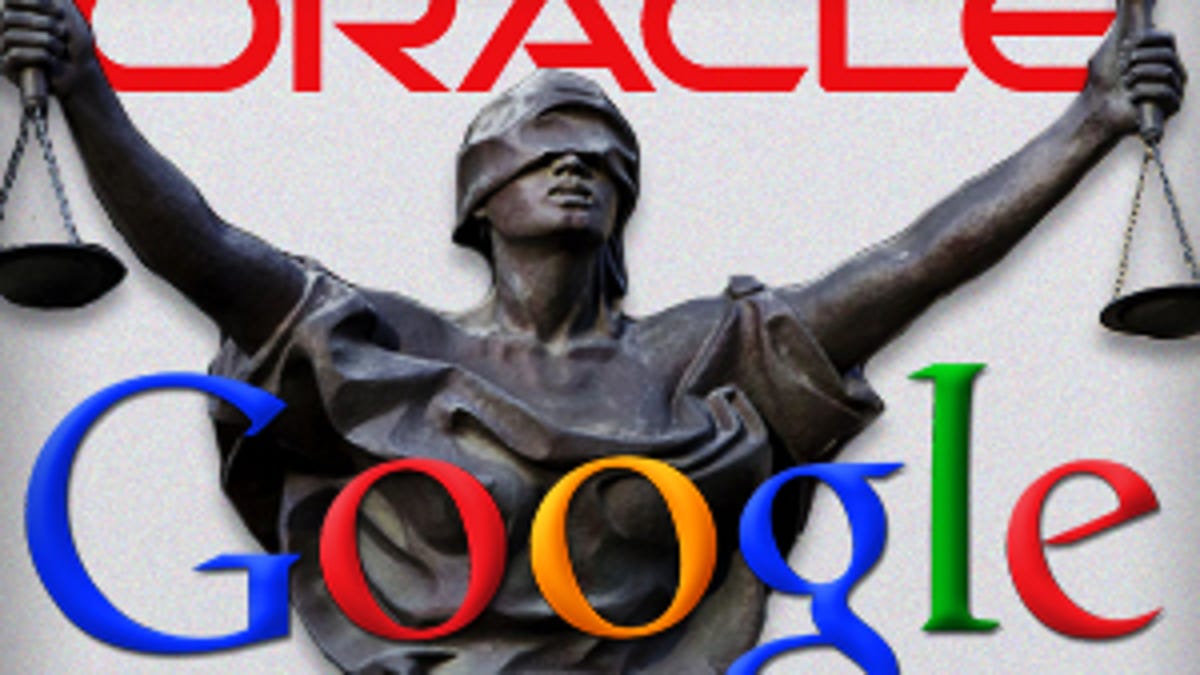Questions from Oracle v. Google jury hint at copyright violation
The jury returns with two more questions, which suggest that they could be on the road to finding Google infringed on Oracle's copyrights.

SAN FRANCISCO--The jury in the Oracle v. Google trial returned to U.S. District Court here this morning without a verdict, but with more questions. The nature of those questions, however, suggests what some of the jurors might be thinking.
Both questions this time focused on fair use and Android revenue. One juror, for example, asked if "the definition of commercial use is limited in this case by virtue of Android being freely distributed?" further questioning if that means because Android is not sold directly, could they consider indirect revenue from the mobile platform?
Oracle's lead attorney Michael Jacobs asked Judge William Alsup to answer "directly and crisply" with yes or no answers. More pointedly, Oracle wants to be as specific as possible in answering these questions, clarifying that indirect revenue from Android should be considered a case of commercial use -- not a fair one.
"All they're asking is whether or not this evidence can be considered for commercial use," said Jacobs. "The answer is, of course, yes."
Google's head lawyer Robert Van Nest objected, explaining that "the only proper answer is to say that the questions are already adequately addressed in the instructions."
"I think that would be wrong to put any sort of hand on the scale, your honor, of what particular evidence they can and cannot consider," said Van Nest, urging the judge to give a more general response to the jury.
Jacobs rebutted, asserting from closing statements that Google didn't argue that the use of the 37 Java APIs was not commercial, but only transformative.
"We're splitting hairs here and trying to put too fine a point on it," Judge Alsup responded wearily, proceeding to call the jury back into the courtroom.
"I try my best, but there are traditional limitations on what a judge can say at this point," Judge Alsup told the jury. "It's important whenever you hear an answer like the one I'm about to give you to remind you that there's an entire paragraph, and you don't want to give undue weight to anything."
Giving a crisp answer as Oracle's counsel requested, Judge Alsup kept things short for the jurors with a single response to their questions.
"With respect to the first factor that calls out the purpose and character of the use, that phrase contemplates both direct and indirect uses," Judge Alsup instructed simply, immediately adding that the jury could return to deliberations.
After asking both sides if there were any further matters, neither attorneys had anything else to discuss -- although Jacobs did look more pleased than Van Nest at the end of proceedings.
Judge Alsup concluded for now, "We'll continue right along. Stand by."
The jury began deliberating on Monday afternoon after lawyers from both Oracle and Google offered their closing statements for the first segment of this trial.
On Tuesday, both legal teams met in the courtroom for a one-hour conference at 10 a.m. PT, debating answers to jury questions concerning Google's use of Java APIs from Apache Harmony as well as Oracle's proposed witness list for the next segment of the trial, which will focus on patent infringement.
This story was first published as "Jury questions in Google-Oracle trial hint at copyright infringement" on ZDNet's Between the Lines blog.

